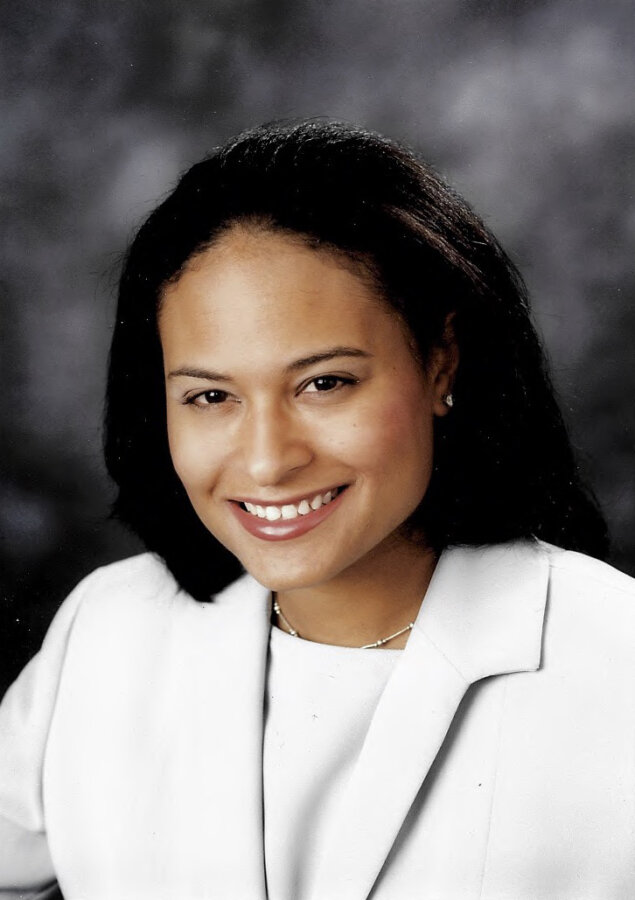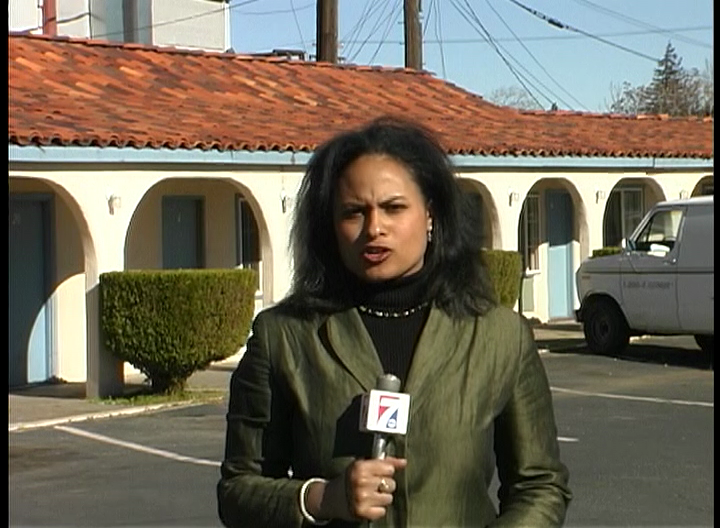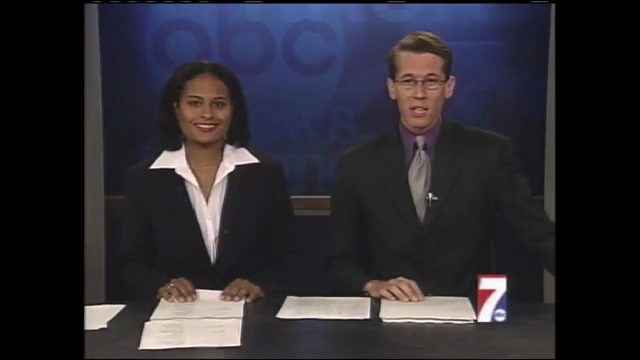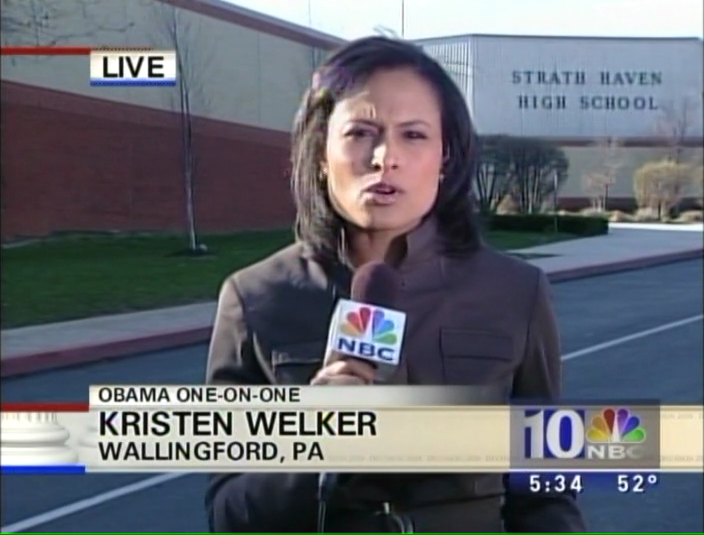Interviews are fundamental journalism skills. Even Kristen Welker, moderator of “Meet the Press,” knows it’s one of the hardest things to master.
“The best advice I’ve ever received in an interview is that interviews are not to talk, not to ask, but to listen,” Welker said. “If you are armed with facts, if you are armed with good questions and follow-up questions, when you hear what’s really important, you are present, you are in the moment and ready for follow-up.”
To prepare for the news show every Sunday morning, Welker conducts extensive research, note steaks and mock interviews to predict the different directions that conversation will require.
“When people come to ‘meet,’ they know it’s going to be the most challenging interview they can have – and fair,” Welker said. “That’s my goal in each interview.”
To see Welker’s interview approach, check out the video above and read some of the tips below.
Why do journalists interview?
Every journalistic interview has several important goals.
First, to make sure that the person you are interviewing expresses their perspective and their opinions. Even when I’m interviewing via satellite, I try not to interrupt anyone I’m interviewing. Sometimes it’s a little challenging, but you want everyone to let their perspective come out.
The next goal is to make sure you are asking them challenging questions and hold their words as they explain their words for their actions. Some of them need to look at their past statements, look at their past interviews and make sure they keep it up to explain not only what they said this week but what they may have said a few years ago.
And finally, educate the audience. I want to make sure that each interview is educating the public. You want your audience to be away from all interviews with new and important information.
How do you prepare for the interview?
When I’m preparing for an interview, I try to absolutely commit as much as possible to remember. He also writes notes in front of me and takes notes during the interview process. I do mock interviews so that I can predict where the interviews are going, but sometimes I need a turn that I am not always ready for.
But I hope that if I have done enough mock interviews, if I have read them well, if I have done enough research, I am agile enough to ask follow-up questions, and that I am deriving valuable information and answers for my audience.
How about preparing for an interview you know you might be confrontational?
The way to make sure you start with people and on your right foot is to first draw the big picture and say what they want to say, to say it to them, to give them space to talk about their perspective on issues they really care about.
(Former “Meet the Press” moderator) Tim Russert had a very nice, stylistic approach, sometimes finishing with a slightly lighter note. This made him show the audience a bit of his personality and feel like the person interviewing would end up with a slightly lighter note.
Politicians say sometimes journalists ask too many “gotcha” questions. What do you think about the “Gotcha Question”?
I try not to ask “Gotcha questions.” So I’m trying to ask questions that the person I’m interviewing can answer, that they can answer, and that they have expertise to answer. I’m trying to ask these open-ended questions. I try not to ask yes or no questions.
But I really try to give people space and breadth and give them their perspective. If you are looking at all the questions through that lens, you think you will reduce the concept of what someone might think of as a “gotcha question.”
What tips do you have for those who want to work to “meet the media” one day?
It took years and frankly a lot of effort to get a job like “Meet the Press,” the greatest honor of my life. And I enjoyed the trip. My advice to people starting a career: get that first job. Yes, learn as much as you can. Please raise your hand.
My first airing was in Reading, California, about five hours north of San Francisco. I did all my camera work. I carried the tripod. I carried a battery bag around. I operated the teleprompter with my feet. The weather was even more.
And it was one of the best experiences of my life. Because I’ve learned a lot about how broadcast news works. I respect everyone who works in every newsroom. Because I was living a mini version of it.
Thank you to Kurtis Ming, Kerry Loring, Toby Lyles, Adam Kessler, Joe Gabriel, Tom Craca, Caitlin Hartman and Louise Rath.






